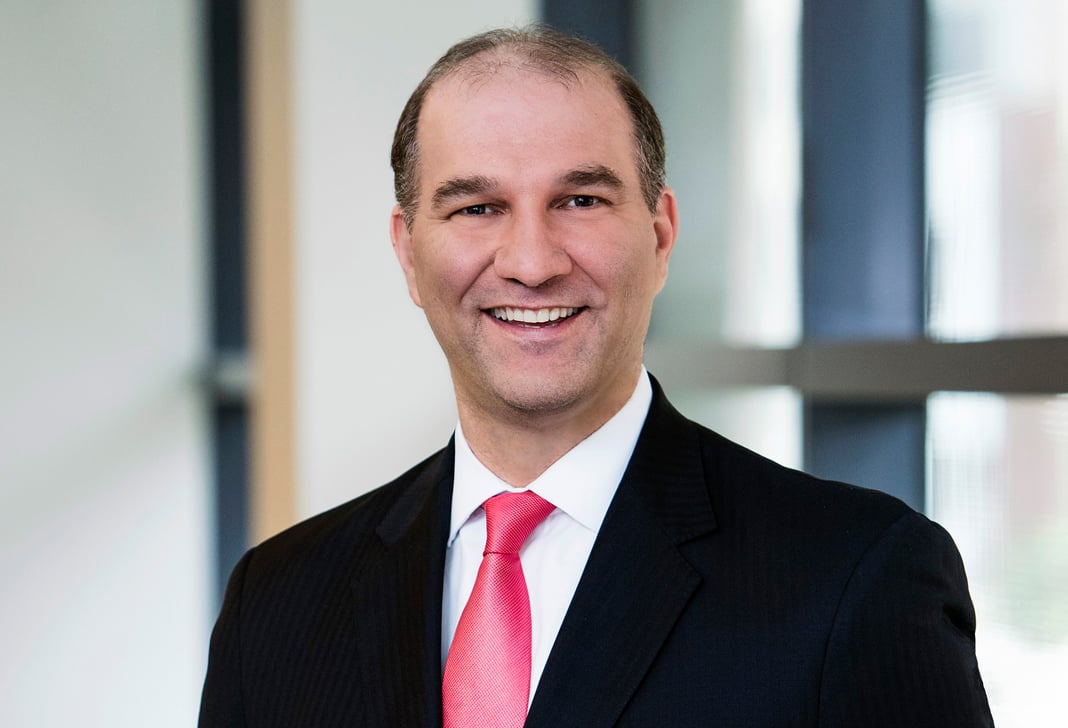
District of Columbia Expands False Claims Act to Include Qui Tam Tax Fraud Actions
The enforcement of the District's tax laws had previously been left exclusively to government agencies; a newly enacted bill will make the District one of a few jurisdictions to allow relators to bring qui tam suits alleging tax law violations.
Newly enacted Washington, D.C. Act A23-0564 amends the District's False Claims Act to allow qui tam actions for violations of District tax laws. These are lawsuits through which private individuals assisting a prosecution can retain part of the taxes and fraud penalties recovered by the government. The bill, signed by Mayor Bowser on January 13, 2021, is effective immediately unless the U.S. Congress jointly disapproves during its 30-day review period.
Most state false claims statutes mirror the federal False Claims Act, which does not allow actions for violations of tax law; however, New York and Illinois have allowed fairly liberal use of their false claims acts for tax violations. The District's bill follows the expansive New York amendments to its qui tam laws in 2012. By contrast, Illinois adopted a modified tax bar which prohibits qui tam actions for income taxes only, implicitly allowing actions for sales tax fraud.
Act A23-0564 sets out two criteria for a tax qui tam action: (i) the target defendant must have in the District revenue, taxable income, or sales over $1,000,000; and (ii) the damages pleaded in the action equal or exceed $350,000. The bill also increases the reward amount that a qui tam plaintiff may receive from 10% to 30% of the collections resulting from the action. This new incentive could increase the rate of private enforcement of the District's tax code, exposing many companies to increased risk of litigation.
Similar to New York's law, which requires consultation with the tax authority before allowing a tax qui tam action, the District's Office of the Attorney General must consult with the District's Chief Financial Officer ("CFO"). Unlike the practice in Illinois, an action may not be brought if the transaction at issue is currently under audit or investigation by the CFO. The CFO cannot be required to produce tax information in violation of federal law.
Proposals similar to the District's amendment are pending legislative review in California and Michigan, suggesting a trend among the states to allow relators to mine their tax laws for potential false claims qui tam actions premised on tax violations.




